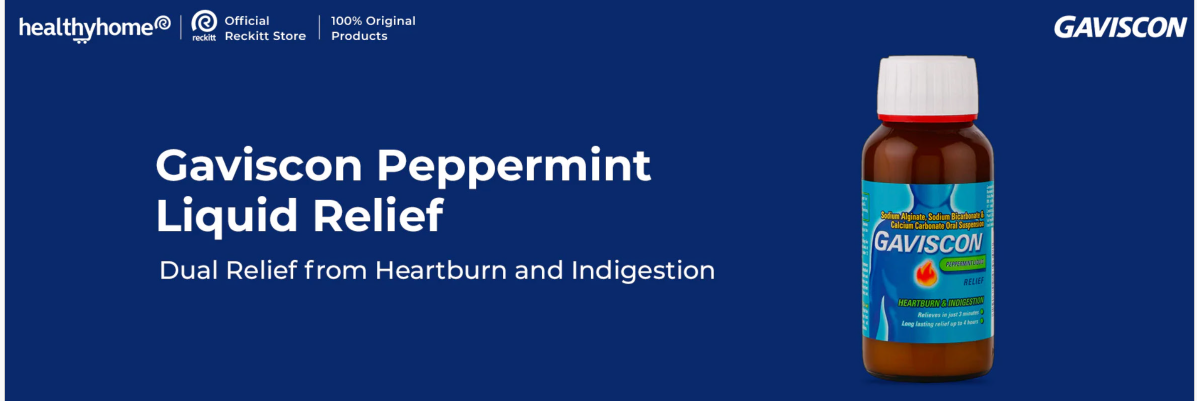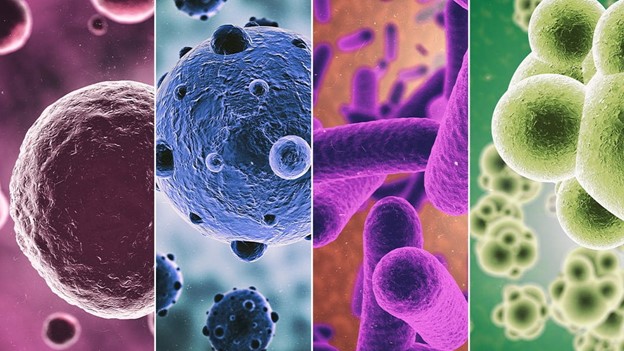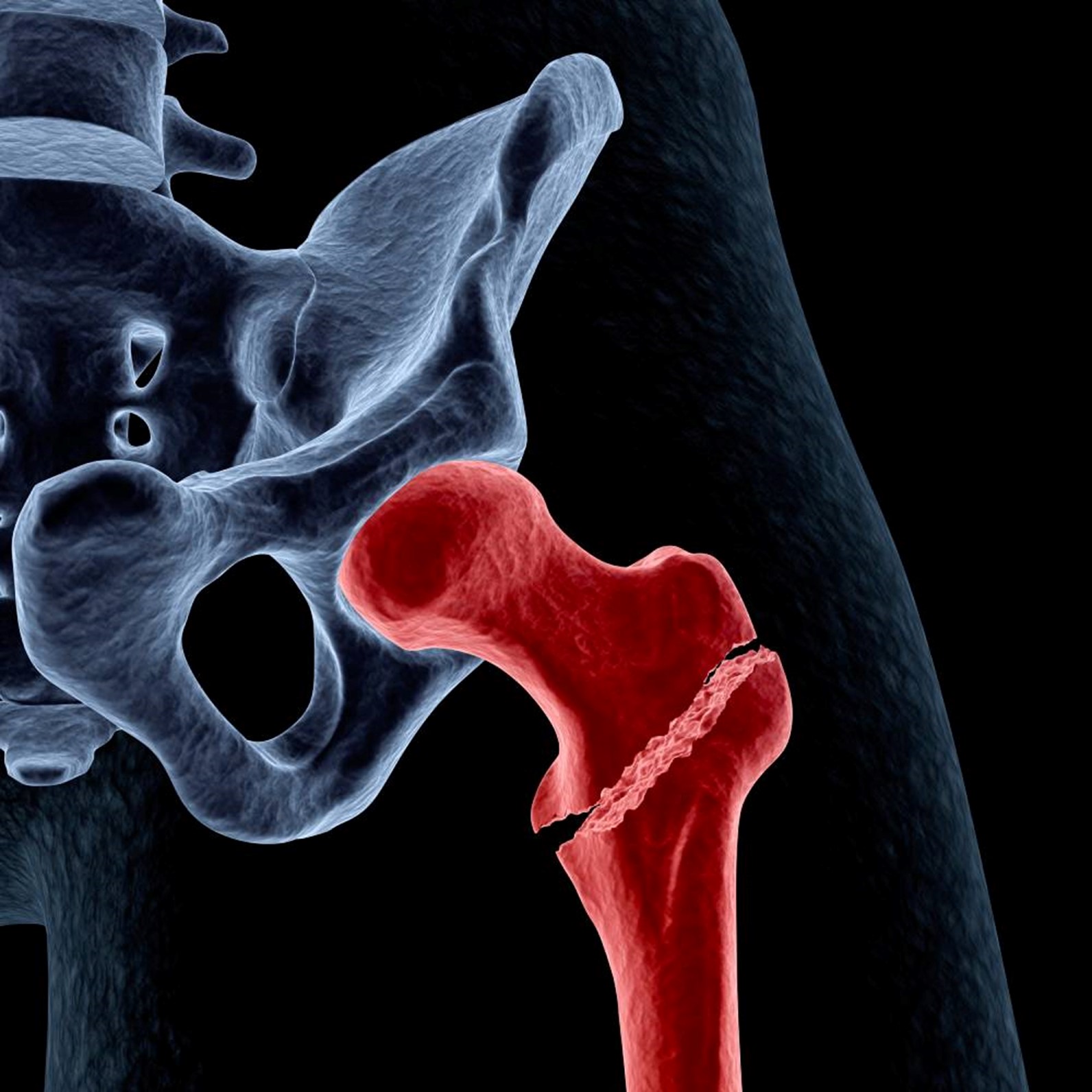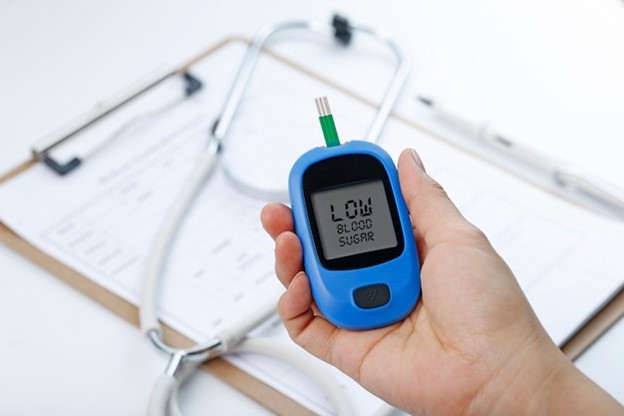
Key takeaway: There is enough proof to conclude that nutritive artificial sweeteners (NAS) are directly linked to obesity because of calorie and dietary sugar intake that is over recommended levels. Due to the connection between obesity, type 2 diabetes mellitus (T2DM), and metabolic syndrome (MetS), this favors a rise in cardiometabolic risk.
Artificial sweeteners may have negative impacts on long-term health, which raises concerns regarding their potential influence and potential ties to an increased risk of cardiovascular disease (CVD) and mortality. Therefore, researchers carried out a review to analyze the role of artificial sweeteners—both nutritive and nonnutritive—and their effects on the risk of cardiometabolic and CVD.
Consuming NAS-containing foods promotes pathophysiological changes in lipid and glucose metabolism linked to the onset and development of hepatic steatosis, insulin resistance, and a proinflammatory state that encourages the development of T2DM. It can even cause changes in vascular biology, including disturbances in arterial stiffness, which raises the risk of cardiometabolic disease.
However, it has been claimed that when nonnutritive artificial sweeteners (nNAS) are consumed instead of NAS, it may help obese and overweight people control their weight and blood sugar levels. Also, it has been reported that in people who are overweight or obese, switching to nNAS instead of NAS or sweetened ultra-processed foods (sU-PF) may result in a slight improvement in cardiometabolic risk factors. However, according to the latest research consumption of beverages that contain nNAS was related to an increase in CVD risk of 8% and an increase in all-cause mortality of 7%. Another study discovered that NAS and nNAS consumption at least twice daily was related to a higher risk of cardiovascular mortality. Briefly, the evidence appears to support the notion that excessive NAS and nNAS consumption is linked to an elevated risk of CVD. In summary, the most current research ties nNAS consumption to a greater risk of CVD, despite some evidence suggesting a vascular benefit from choosing it over NAS.
Reference: Gomez-Delgado F et al. Artificial sweeteners and cardiovascular risk. Curr Opin Cardiol. 2023 Jul 1;38(4):344-351






